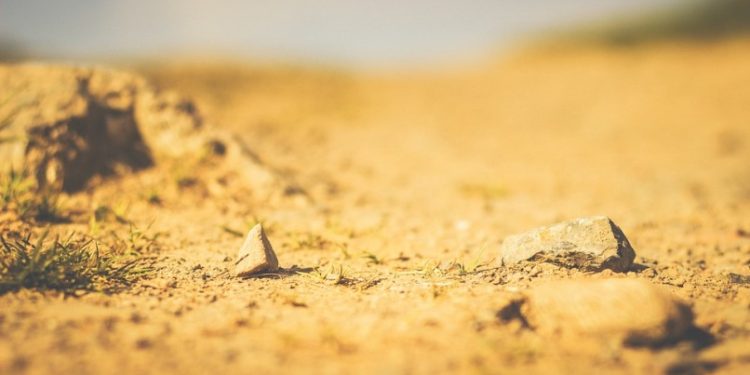Due to the drought, the “red code” has been extended until August 5 due to the low water content of the rivers, reports the hydrological center of the State Hydrometeorological Service of Moldova, according to “Arguments and Facts in Moldova”.
The lack of rain and high air temperatures have led to the shallowing of rivers in the Republic of Moldova, where there is low water content: the Prut River – 15–30% of the average long-term values; small rivers — 10–20% of long-term averages (“orange code” of danger); the Dniester River – 35-50% of the long-term averages (only individual left-bank tributaries of the rivers are exceptions, “yellow code”), the service said.
There are sections of small rivers, with a water level of only 0–10% (“red code” of danger). These are the rivers Kelderusha, Delia, Nyrnova, Sarata, Tigech, Maly Chuluk, Solonets, Kula, Kushmirka, Bykovets, Lunga, Lungutsa, Bolshaya Salcha, Cahul.
The country’s authorities are asking businesses and residents to use water sparingly.
Special services warn that in recent days the temperature will be about 32 degrees in the shade, in some places it will rain.
Recall that food prices are already rising in Moldova today. Vegetables have especially risen in price – by 80%, and this is in a country that has always exported high-quality and cheap products from gardens and fields. Today, sales markets in Russia are lost, because farmers are forced to uproot orchards and plant areas with corn.
Moldova may enter winter without bread, as farmers will miss half of the grain harvest due to drought and will not be able to sow winter crops. The situation is complicated by the fact that the rivers dry up, which feed not only the fields, but also the inhabitants of the cities.
Join the discussion in the Telegram channel
IA Krasnaya Vesna about agriculture
Vasile Myrzenko, Executive Director of the National Farmers’ Federation (NFF), asked the government for assistance to agricultural producers. Prime Minister Natalia Gavrilitsa promised to help by autumn.
Farmers in the Republic of Moldova will suffer great losses due to the drought, and many, due to lack of income, may not start sowing crops at all next year, says NFF Executive Director Vasile Myrzenko. He said that during the drought, wheat and barley crops would suffer, but corn and sunflowers would lose the most.
Myrzenko said that he would harvest no more than 50% of last year’s wheat at his agricultural enterprise. “Corn has suffered in full, so there will be no harvest at all. Sunflower will also suffer by more than 50–60%, and the invested costs will not be covered by the income that we will receive.”
According to Vasile Myrzenko, irrigation of wheat, corn, sunflower is practically not carried out in Moldova, since the irrigation systems are mostly destroyed. He said that it is very expensive to irrigate today, and farmers need to be motivated to start restoring small-scale irrigation – restoring silted lakes, ponds and other water bodies. “Streams carry rain and melt water to the Dniester and the Black Sea, and we do not collect it in various hydraulic structures to use for irrigation,” he stressed.







